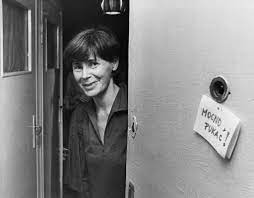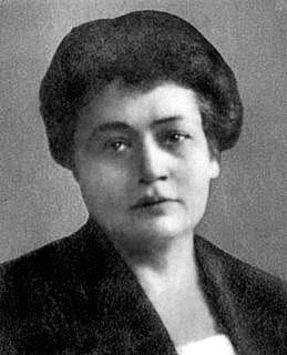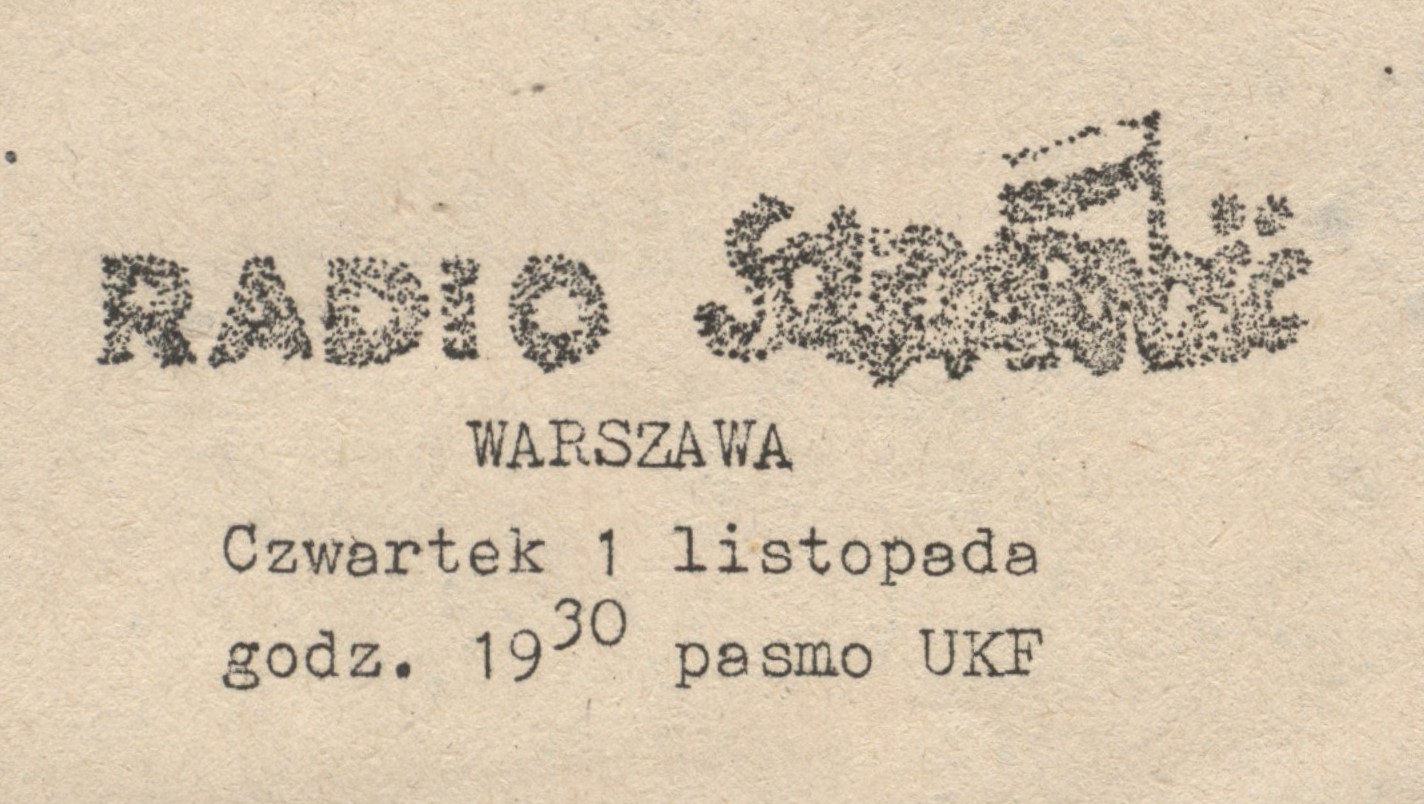Zofia’s involvement in the opposition activities started in 1967, when together with her husband she was collecting signatures of scientific employees under a petition defending Adam Michnik.[2] Several months later, in March 1968, she witnessed the pacification of the student protests in Warsaw. From then on, the Romaszewskis’ apartment became a place of meetings and debates for people who were critical of the authorities and the system of the Polish People’s Republic.
1976 saw a real breakthrough in her activities, similarly as in the case of the entire Polish democratic opposition. During workers’ strikes in Radom and Ursus, the Romaszewskis together became involved in activities supporting the strikers. Zofia Romaszewska recalled that her stay among the workers also opened her eyes to a common experience of poverty in Poland in the 1970s. She was shocked by the difference in remuneration between Warsaw and the provinces.[3]
Then, Zofia joined the Workers’ Defence Committee (Komitet Obrony Robotników, KOR), which was later transformed into the Committee for Social Self-Defence KOR (Komitet Samoobrony Społecznej KOR, KSS KOR).[4] In KSS KOR Zofia and Zbigniew Romaszewski managed the Intervention Bureau. She herself participated in the preparation of Dokumenty bezprawia (Documents of Wrongdoings) (NOWA 1978), documenting the most serious crimes against citizens committed by the authorities.[5] Later, she was one of the creators of Raport o przestrzeganiu prawa człowieka i obywatela w PRL (The report on observation of human and citizen rights in the PRL) of the KSS KOR Helsinki Committee.[6] In the years 1980-1981, she was responsible for managing the work of the Commission for Intervention and the Rule of Law of the Masovia Region of NSZZ “Solidarność”.
[2] Adam Michnik, a leading personality of the Polish democratic opposition, was suspended from the University of Warsaw.
[3] Wygrane życie (2014) [last access on 16.10.2023]
[4] KOR activities were based on three fundamental pillars: financial support, informing the public about events taking place in Poland, and legal and medical assistance.
[5] Opozycja w PRL. Słownik biograficzny 1956-1989, vol. 1-3, Warszawa 2006, p. 274.
[6] Anna Kruczyńska, 40 lat temu powstała Komisja Helsińska KSS “KOR”, 2020 [accessed: 16.10.2023]



